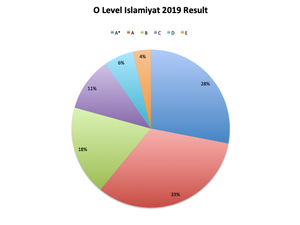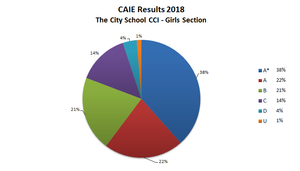
Ijma and its kinds
June 2017 0493/22
Q1.A) “ My community will never agree upon an error”. The Holy Prophet (SAW) Hadith encourages the use of consensus of opinion (ijma). Outline:/10
i) What consensus of opinion (ijma) is, and how many kinds of ijma there are;
Ii) Who is qualified to practice it;
Iii) Give examples of how the Holy Prophet (SAW) and the Rightly guided caliphs practiced Ijma.
Ans i) Ijma is the unanimous agreement of a group of scholars on a particular issue. I t should not contradict the first two primary sources of Islamic law (Quran, Hadith). The use of Ijma as a source of Islamic law is based on a number of Quranic verses, for e.g it says: ”You are the best of people evolved for mankind, enjoining what is right and forbidding what is wrong, and believing in Allah”. Ijma is of two kinds: The first is the general agreement of all Muslims in matters of belief, for e, that Quran is a revealed Book and Prophet (SAW) is the seal of prophets. The second type of ijma is the consensus by a group of Muslims on legal matters on which Quran and sunnah are silent. Legal experts have their differences on the composition of ijma as t o whose decision should be accepted. Some say it should comprise the companions of Prophet (SAW), some say it should be the people of Madina , yet another group say on lt the Rightly guided caliphs has the authourity to call for Ijma. The shia’ Muslims say right of ijma belongs to the descendants of Holy Prophet (SAW) and another opinion is that ijma can be practiced by the legal scholars of any generation
Ii) Only a jurist called Mujtahid is authorize to practice ijma. He must have thorough knowledge of Quran and Sunnah;he must be pious and righteous and must fear Allah; for the validity of ijma the legal scholars need to provide evidence from Quran and sunnah to support their decision. The decision made on ijma should not contradict the two primary sources in any way.
Iii) Holy Prophet (SAW) practiced ijma throughout his life . He never imposed his decision upon his companions. For example in the battle of uhad he agreed to the decision of his companions to fight outside Madina as well as in the battle of trench when Muslims were running short of resources, Prophet (SAW) took the consensus for the best war strategy from his companions and when Salman Farsi suggested to dig a trench, Prophet (SAW) agreed to it. Similarly The Rightly guided caliphs also practiced ijma during their rule. Hazrat Abu Bakr made the decision on the compilation of Quran on the basis of ijma after the disastrous effects of the battle of Yamama. Hazrat Uthman introduced the two Aza’ans for Friday prayers when the cities were getting crowded and people could not hear Aza’an . Hazrat Uthman made this decision on the basis of ijma.






Comments